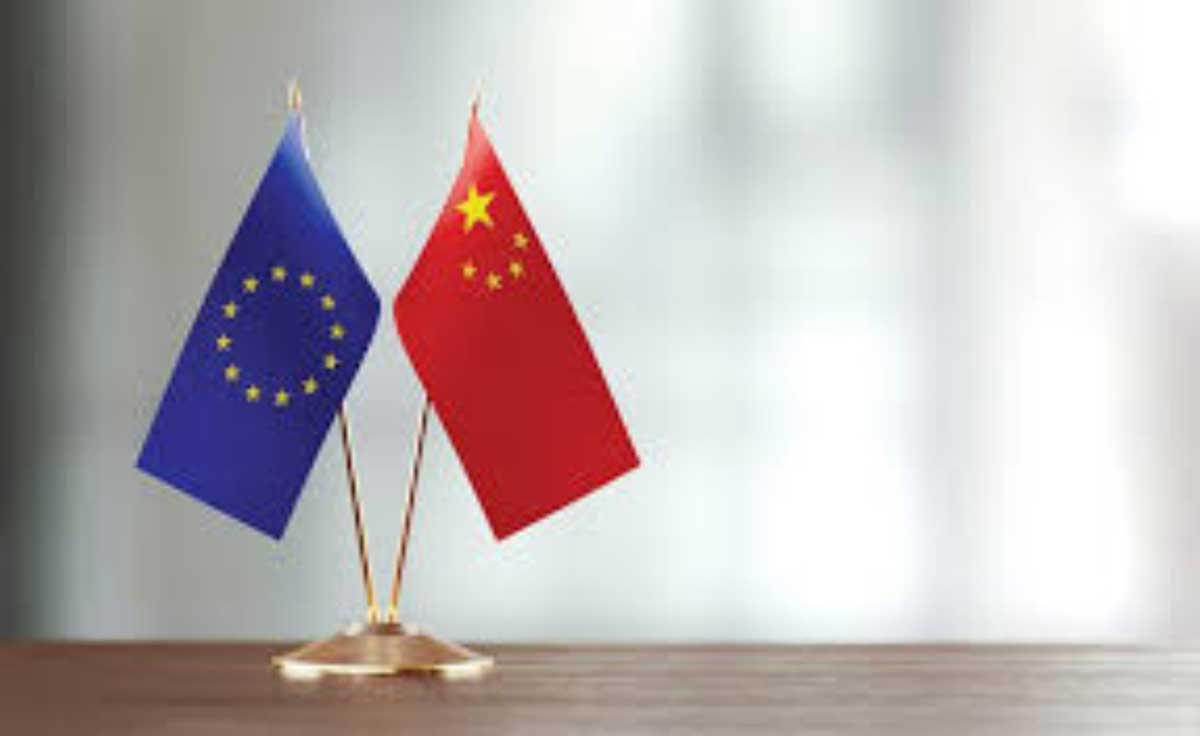EU challenges China at WTO on royalties for EU high-tech sector

The European Commission has requested consultations at the World Trade Organization (WTO) aiming to remove unfair and illegal trade practices by China in the sphere of intellectual property.
China has empowered its courts to set binding worldwide royalty rates for EU standard essential patents, without the consent of the patent owner. This pressures innovative European high-tech companies into lowering their rates on a worldwide basis, thus giving Chinese manufacturers cheaper access to those European technologies unfairly.
It also unduly interferes with the competence of EU courts for European patent issues. It is the firm view of the EU Commission that such practices are inconsistent with the WTO Agreement on Trade Related Aspects of Intellectual Property Rights (TRIPS).
Since no satisfactory negotiated solution has been forthcoming from China, the EU is compelled to request consultations as a first step in this dispute settlement procedure at the WTO, with the aim to ensure that its high-tech industries – notably in the telecoms sector – can effectively exercise their patent rights and protect their investments in innovation.
Next Steps
The dispute settlement consultations that the EU requested are the first step in WTO dispute settlement proceedings. If they do not lead to a satisfactory solution within 60 days, the EU can move towards the litigation phase and request that the WTO set up a panel to rule on the matter.
Background
This case concerns standard essential patents, which protect technologies essential for the manufacture goods that meet a standard, for example 5G for mobile phones. European companies hold many such high-tech patents, notably in the telecom sector, which give them a technological edge. By fixing worldwide royalty rates for such patents, China attempted to force EU companies to give Chinese manufacturers cheaper access to that European technology.
Chinese court’s practice of fixing worldwide royalty rates for standard essential patents is related to another dispute – that of anti-suit injunctions – also currently being challenged by the EU at the WTO. The Chinese anti-suit injunctions effectively restrain high-tech patent holders by fining or otherwise sanctioning them if they seek to enforce their intellectual property rights through a non-Chinese court. The WTO Panel established in that case (DS 611) is expected to issue a Report in the first quarter of 2025.
Related
EU denies picking on US tech giants, says US also…
BRUSSELS (Reuters) - Europe's new tech rule aims to keep digital markets
€450M to drive green data infrastructure, the next startup hub,…
This week we tracked more than 70 tech funding deals worth over €1.3 billion, and over 5 exits, M&A transactions, rumours, an
European tech sector poised for stronger 2025, says Monument Group;…
Let’s kick things off with tech! Monument Group’s Zac Williams expects a big spike in European technology deals in 2025, as the region offers more appealing
Women still marginalised in Europe’s Tech Ecosystem
European startups founded or co-founded by women raised €10.2B in 2024 across nearly 2,000 transactions, according to Pitchbook’s latest study. This repr










